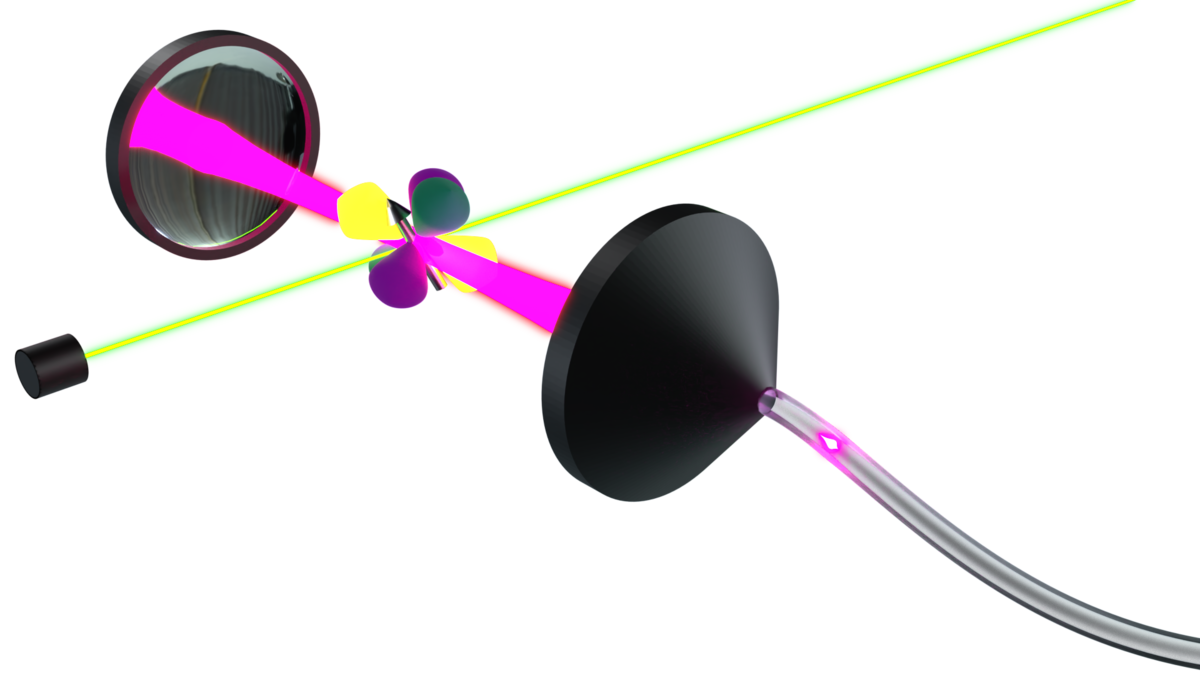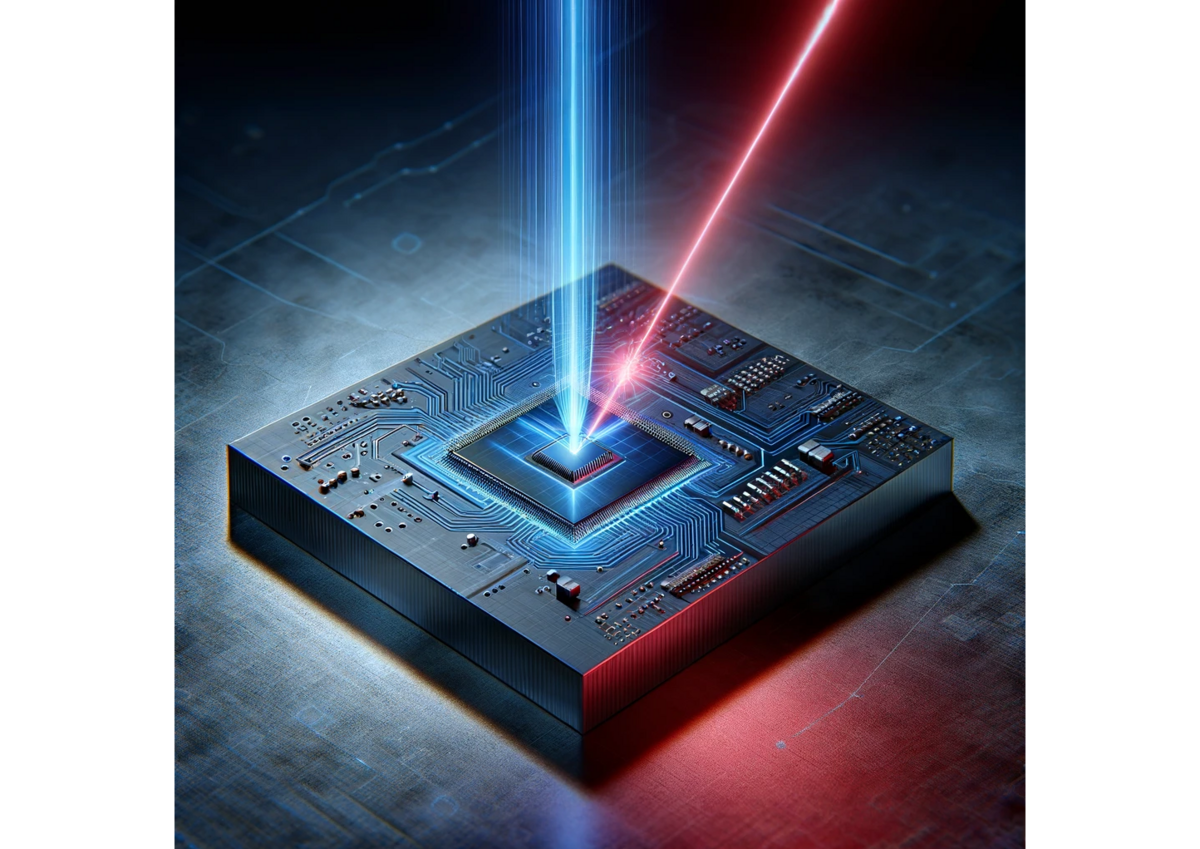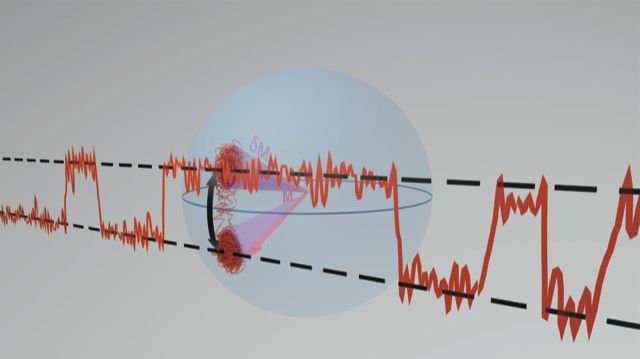
MINT-Studium
Die Universität Konstanz denkt den Einstieg in ein mathematisch-naturwissenschaftliches Studium neu: Ab dem Wintersemester 2024/25 bietet sie für die MINT-Fächer Mathematik, Informatik, Biologie, Chemie und Physik das Orientierungsstudium Go.MINt an.
Read more



![[Translate to Englisch:]](/fileadmin/_processed_/7/f/csm_DSC_0771_Dransfeld_ae0871f0a3.jpg)
![[Translate to Englisch:] [Translate to Englisch:]](/fileadmin/_processed_/3/a/csm_blauDeu_8132126cc0.jpg)


![[Translate to Englisch:] [Translate to Englisch:]](/fileadmin/_processed_/f/c/csm_zu_neu_roehre_6ecc9fc7ce.png)
